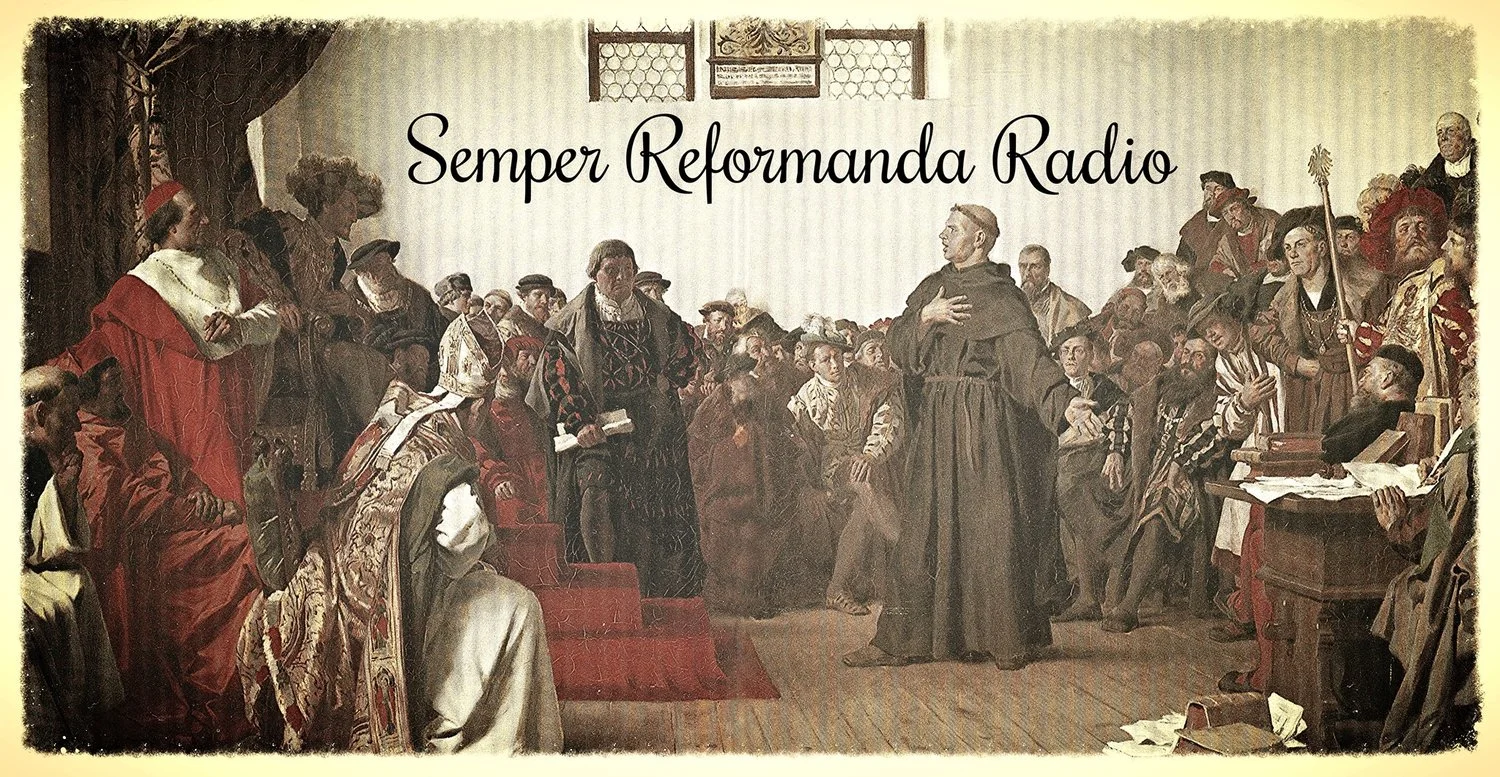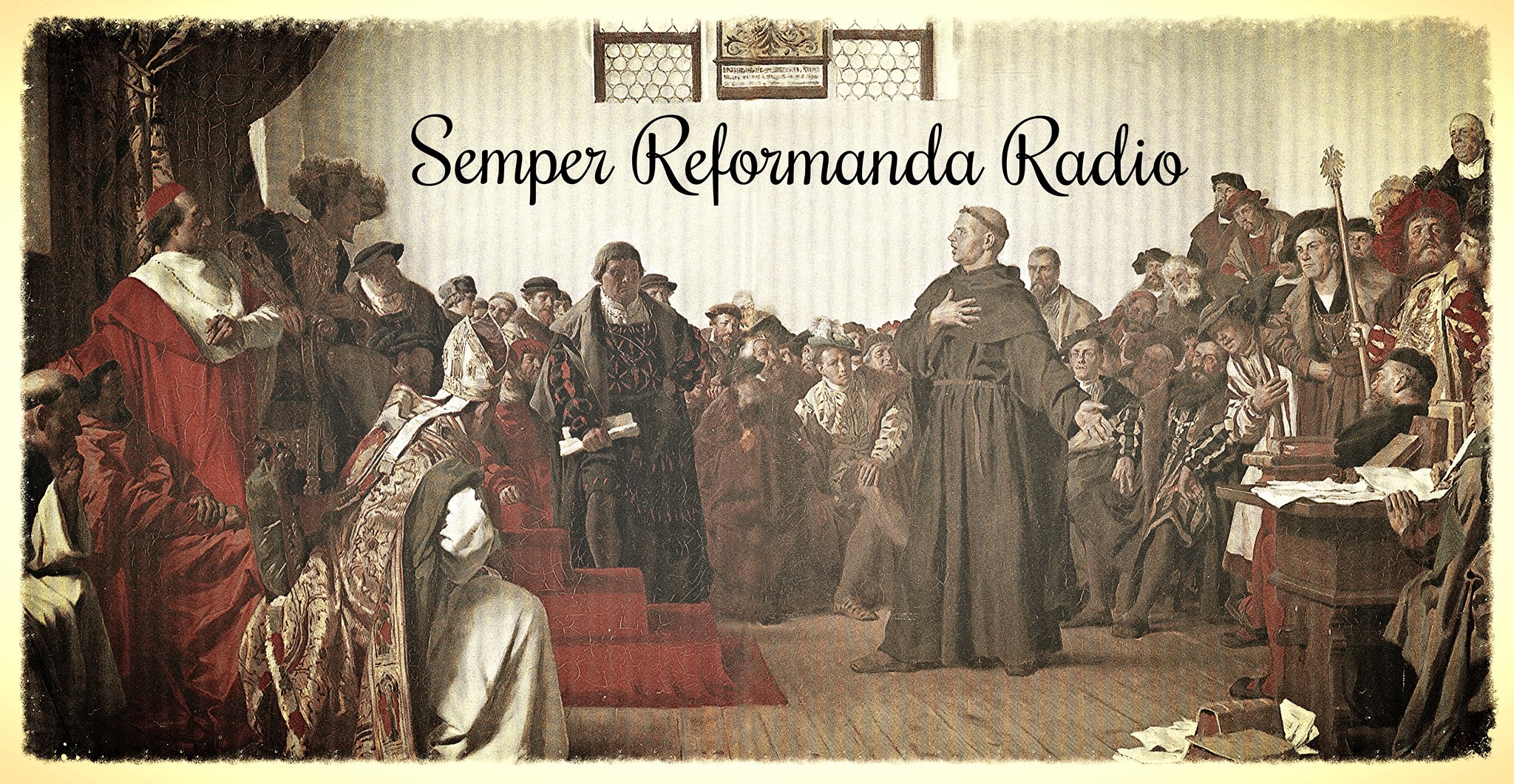"Antichrist’s Illegal Alien Assault on America" by Steve Matthews, The Trinity Foundation, June-August 2024. This is my paper on The Emigree Family of Nazareth, Rome's 1952 apostolic constitution that applied socialist Roman Catholic Social Teaching to the issue of immigration. It is the document that set forth Rome's immigration theory, the practice of which is being carried out by the Biden Regime.
“Is it ‘Happy New Year’ or “Happy New Years’? NYE Greeting Explained” by Tom Fish, Newsweek, 12/31/2021
“25 Nights of Lights: The best-dressed Christmas homes around Cincinnati” WLWT 5, 12/31/2021
“Pope Francis: Saint Joseph Was A ‘Persecuted And Courageous Migrant’” by Thomas D. Williams, Ph.D., Breitbart, 12/29/2021
“Ocasio-Cortez says Jesus was a ‘Refugee’ in Christmas tweet” by Samuel Chamberlain, Fox News, 12/25/2018
“True Love is radical because it requires us to see ourselves in all people” Tweet by Alexandria Ocasio-Cortez, 12/25/2018. This is the tweet with an image portraying a migrant couple with child as Joseph, Mary, and Jesus.
Justice for Immigrants webpage, accessed 1/2/2022. Note well, there’s no mention of justice for American citizens. Rome cares only about foreigners. And really, Rome doesn’t care about the illegal aliens either. The only thing Rome cares about is advancing its causes of socialism and world government by any means necessary. The migrants are pawns in Rome’s power game.
Exsul Familia Nazarathana, by Pope Pius XII, 1952. This is the foundational document governing Rome’s immigration, migration, and refugee resettlement theory and practice. Pope Pius XX, also known as “Hitler’s Pope” (see John Cornwell’s book by the same title). This Apostolic Constitution sets forth the migration principles Rome is using to destroy the West. The Babylonian Harlot has figured out a way, not only to destabilize and ultimately destroy the free, independent nations of the West, but also to make the citizens of these nations pay for their own destruction. Truly a Satanic work.
“Was Jesus An Illegal Immigrant?” Pulpit & Pen, 12/18/2013. This article quotes Russell Moore of the Southern Baptist Convention talking his usual immigration nonsense, aping the papal Antichrist by calling Jesus an “illegal immigrant” when he was nothing of the sort. Russell Moore, it would seem, has made a prosperous career for himself denouncing his putative fellow Christians to an ever-eager audience of progressives and various America haters. His message? “I’m an Evangelical, but not one of those icky sorts of Evangelicals who voted for Donald Trump or who questions the wisdom of admitting endless millions of welfare migrants into the country.”
Definition of a refugee, UN Refugee Service, accessed 1/2/2022
“Pope Francis: ‘No Country Can Exempt Itself From Duty To Take In Migrants” by Thomas D. Williams, Ph.D., 12/22/2021. The “duty” for nations to admit welfare migrants of which Pope Francis speaks is found nowhere in Scripture. It is a figment of the Antichrist papal imagination. The words of Genesis 6:5 are applicable here, “And God saw that the wickedness of man was great in the earth, and that every imagination of the thoughts of his heart was only evil continually.”
“DHS: More Than 52,000 Afghan Refugees Resettled in US in 2021” by Charles Kim, Newsmax, 12/31/2021
“Nearly 400K Anchor Babies Born In 2021, Outpacing U.S. Births In 49 States” by John Binder, Breitbart, 12/31/2021
“Situation at the southern border worse that (sic) you probably realize” by Nolan Rappaport, The Hill, 11/15/2021
“Crisis at the border not taking a break for the holidays…” by Griff Jenkins, Twitter, 12/29/2021
Trinity Foundation YouTube Channel: Reformation Day Livestream “The Sands of Rome:” with guest speaker Timothy F. Kauffman
Here I Stand by Roland Bainton
Christ & Civilization by John W. Robbins
“Biden says Pope Francis called him a good Catholic and said he should keep receiving Communion,” by Chico Harlan, Seung Min Kim, and Michelle Boorstein, The Washington Post, 10/29/2021
“Joe Biden’s Vatican Meeting With Pope Francis Runs Into Overtime,” by Josh Boak, Zeke Miller and Nicole Winfield, Huffington Post, 10/29/2021
“Unusual secrecy attends Biden’s first meeting with Pope Francis as president,” by Jack Jenkins and Claire Giangrave, Religion News Service, 10/28/2021
“Biden Eases Fray with France and Savors Meeting With Pope as Europe Trip Begins,” by Katie Rogers and Jason Horowitz, New York Times, 10/30/2021
“Pope Francis meets with US President Joseph Biden,” Vatican News, 10/29/2021
“Biden says Pope Francis OK’d him receiving communion, calling him a ‘good Catholic’ amid abortion debate,” by Michael Collins and Maureen Groppe, USA Today, 10/30/2021
The Trinity Foundation homepage, click the “Newsletter Subscribe/Unsubscribe” in lower left corner of the homepage to join the email list.
“Forgotten Principles of the Reformation,” by John W. Robbins, The Trinity Review, October 2004
“Pope Demands Silicon Valley “In Name of God” Censor “Hate Speech,” “Conspiracy Theories”,” by Paul Joseph Watson, Summit News
“Joe Biden Plans Vatican Meeting with Pope Francis On October 29,” by Charlie Spierling, Breitbart
“Opinion: Don’t rant about short-staffed stores and supply chain woes,” by Micheline Maynard, The Washington Post
“Breaking: Migrant Caravan in Mexico encounters Mexico’s @INAMI_forces,” by Griff Jenkins, Fox News
“Romanizing America Through Illegal Immigration” by Pastor Ralph Ovadal
“A Christian Responsibility to Migrants” by Bishop Daniel Flores
“I have been advised not to comment.” Statement by Norma Pimental, executive director of Catholic Charities of the Rio Grande Valley.
A look at some of the major news themes in 2019 and a look ahead toward possible developments in 2020.
In this episode, host Timothy F. Kauffman concludes his analysis of Fr. Ray Ryland’s claims to have found papal authority in the early church by walking the listener through Constantine’s judicial reforms and how they related to the trial of Athanasius. Ryland claimed that there was an ancient custom of the Bishop of Rome being the final arbiter of ecclesiastical disputes, that Athanasius was exonerated and returned to his episcopal seat in Alexandria as soon as Bishop Julius of Rome ruled on his case, and that Julius claimed his judicial authority over the other bishops based on a custom that had been received from the Apostle Peter. None of those claims is true. Kauffman then walks the listener through a brief summary of Ryland’s arguments to show that the Roman Catholic apologist can only find Papal Roman authority in the recesses his own imagination.
In this episode, Timothy F. Kauffman continues his analysis of the arguments from former Episcopalian, Ray Ryland, who converted to Roman Catholicism based, in part, on the evidence for Papal, Roman authority in the early church. Ryland’s arguments are examined in the original context of the writings he cites, and Kauffman shows that Ryland converted to Roman Catholicism based either on ignorance, a lie, or both. In part II, we cover Ryland’s arguments from the controversy of Paul of Samosata, the heretic Bishop of Antioch during the time of Dionysius, Bishop of Rome (c. 260 A.D.). We also cover Ryland's claim that Sylvester, Bishop of Rome, presided at the Council of Nicæa (325 A.D.) through Bishop Hosius of Cordoba, claiming that Hosius was Sylvester's representative at the Council, and that general councils only confirm the teachings of a Roman Bishop.
In this inaugural episode, Timothy F. Kauffman analyzes the arguments from former Episcopalian, Ray Ryland, who converted to Roman Catholicism based, in part, on the evidence for Papal, Roman authority in the early church. Ryland’s arguments are examined in the original context of the writings he cites, and Kauffman shows that Ryland converted to Roman Catholicism based either on ignorance, a lie, or both. In part I, we cover Ryland’s arguments from the writings of Roman Bishops Clement (c. 90 A.D.), Victor (c. 190 A.D.) and Dionysius (c. 260 A.D.).
















